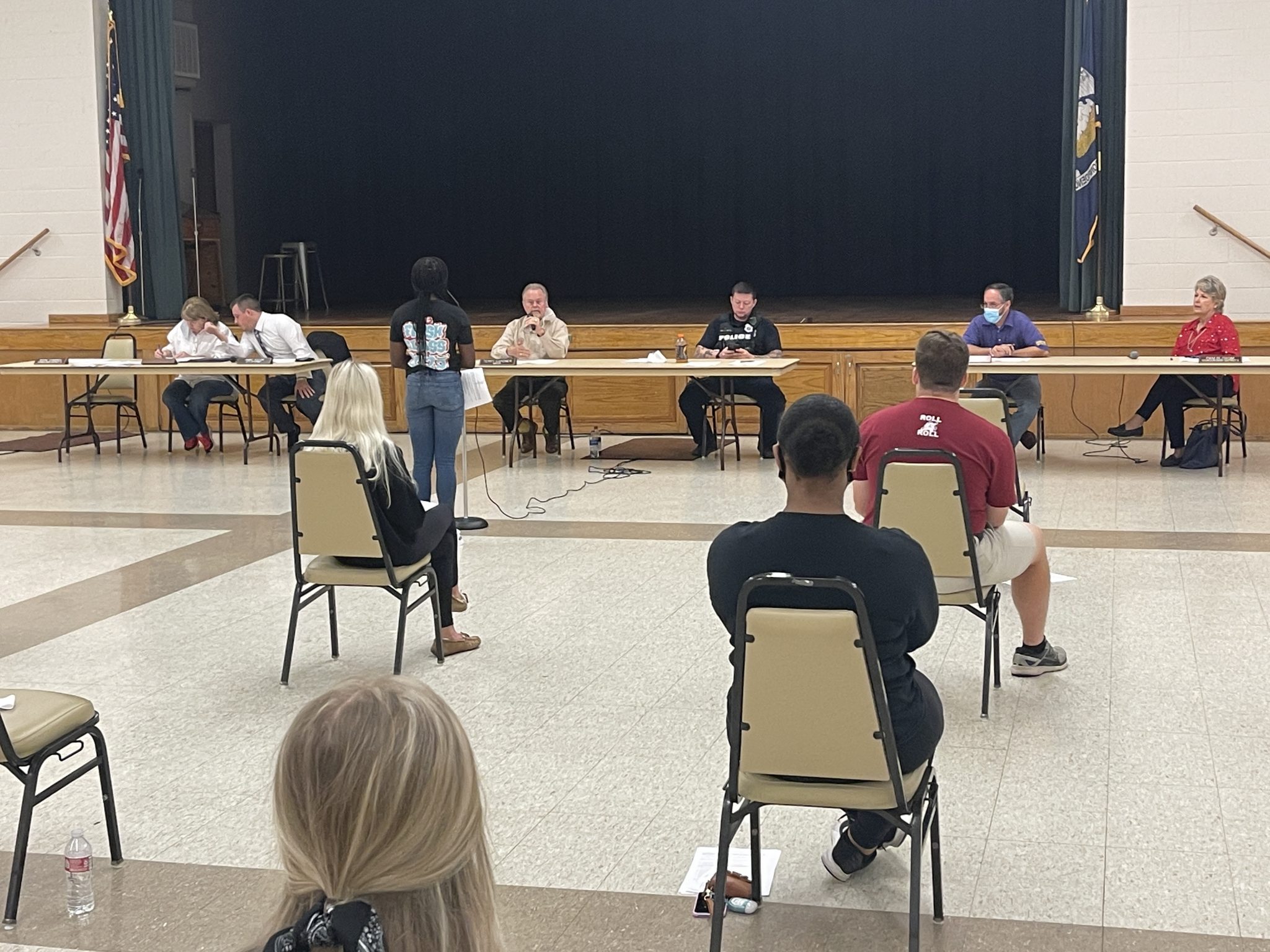368
Friday morning the Minden City Council, Mayor, City Attorney, and President of the Minden Police Association met with Minden High School students and members of the community in the Civic Center for a workshop to discuss the juvenile curfew ordinance
MHS students weigh in on juvenile curfew ordinance at City Council Workshop
previous post



